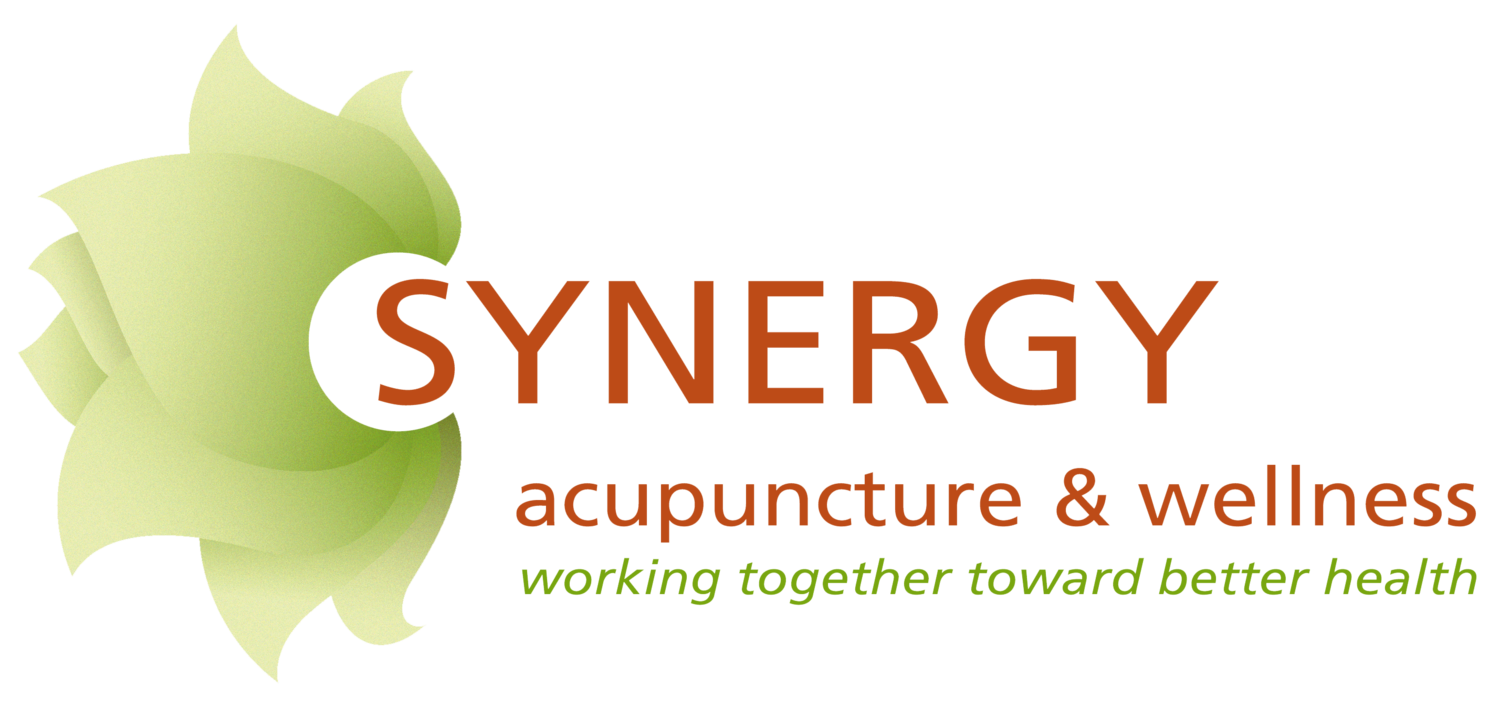Tracy L. Revett
Licensed Acupuncturist
MS, MAc, Dipl. Ac., Lic. Ac.
- Graduate of the New England School of Acupuncture with over 600 hours of clinical internship experience and over 2500 hours of classroom and practical training
- Graduate of Tufts University School of Medicine in the joint Masters degree program with NESA in Pain Management, Research, Education & Policy (PREP)
- Specialized training in Japanese & Chinese style acupuncture, Shakuju Therapy, Laser acupuncture, Kiiko Matsumoto style acupuncture, Auricular acupuncture, Medical qigong and Reiki
Tracy strives to provide her patients with the very highest quality treatment by combining Japanese and Chinese acupuncture techniques with cutting edge data from current medical and acupuncture research. She uses multiple modalities to individually tailor her treatments, meeting patients where they are in that moment in time. She believes that the path toward health is a collaborative one and works with her patients as a guide to help them participate more fully in their own wellness.
Tracy received her formal training at the New England School of Acupuncture (NESA). While completing her Master’s degree in Acupuncture, she began pursuing a Master’s degree in Pain Management, Research, Education & Policy through the joint program between NESA and Tufts University and successfully graduated in 2012. She is a Nationally Certified Diplomat in Acupuncture by the National Certification Commission for Acupuncture and Oriental Medicine (NCCAOM) and is fully licensed to practice in Massachusetts.
In addition to her foundational training, Tracy has studied Shakuju, a non-insertive Japanese acupuncture style with its founder Master Kobayashi both in the United States and Japan as well as completed additional Shakuju clinical training. She has also completed an intensive, six-month course on Medical Qigong taught by Paul Fraser, studied the moving, non-moving and condensed forms of Pangu Shengon under Master Ou and became a level 1 Reiki practitioner under Reiki Master Penelope Jewell.
Before beginning her graduate studies in acupuncture in 2007, Tracy earned a Bachelor’s of Science in Microbiology with a concentration in Immunology and spent 15 years as a research scientist in the biotech and pharmaceutical industries. During that time she discovered that she wanted to become more directly involved in patients' journeys toward optimal health. Now that she is working with patients, she is excited to integrate her research experience into the field of acupuncture through a variety of research projects examining the efficacy of acupuncture.
Publications
- Tremblay F, Revett T, Huard C, Zhang Y, Tobin JF, Martinez RV, Gimeno RE “Bidirectional modulation of adipogenesis by the secreted protein Ccdc80/DRO1/URB” J Biol. Chem. 2009 Mar 20/284(12):8136-47
- Wong GW, Krawczyk SA, Kitdis-Mitrokostas C, Revett T, GImeno R, Lodish HF “Molecular, biochemical and functional characterizations of C1q/TNF family members; adipose-tissue-selective expression patterns, regulation by PPAR-gamma agonist, cysteine-mediated oligomerizations, combinatorial associations and metabolic functions” Biochem J., 2008 Dec 1;416(2):161-77
- Cao J, Shan D, Revett T, Li D, Wu L, Liu W, Tobine JF, Gimeno RE“Molecular identification of a novel mammalian brain isoform of acyl-CoA:lysophospholipid acyltransferase with prominent ethanolamine lysophospholipid acylating activity, LPEAT2” J Biol Chem. 2007 Jul 4;283(27):19049-57
- G.William Wong, Sarah A. Krawczyk, Claire Kitidis, Tracy Revett, Ruth Gimeno and Harvey Lodish “Adipose-selective expressin of C1q/TNF family members” J Biol. Chem. (Accepted).
- Lake AC, Sun Y, Li JL, Kim JE, Johnson JW, Li D, Revett T, Shih HH, Liu W, Paulsen JE, Gimeno RE. “Expression, regulation, and triglyceride hydrolase activity of Adiponutrin family members.” J Lipid Res. 2005 Nov;46(11):2477-87.
- Busfield SJ, Michnick DA, Chickering TW, Revett TL, Ma J, Woolf EA, Comrack CA, Dussault BJ, Woolf J, Goodearl AD, Gearing DP. “Characterization of a neuregulin-related gene, Don-1, that is highly expressed in restricted regions of the cerebellum and hippocampus.” Mol Cell Biol. 1997 Jul;17(7):4007-14.

